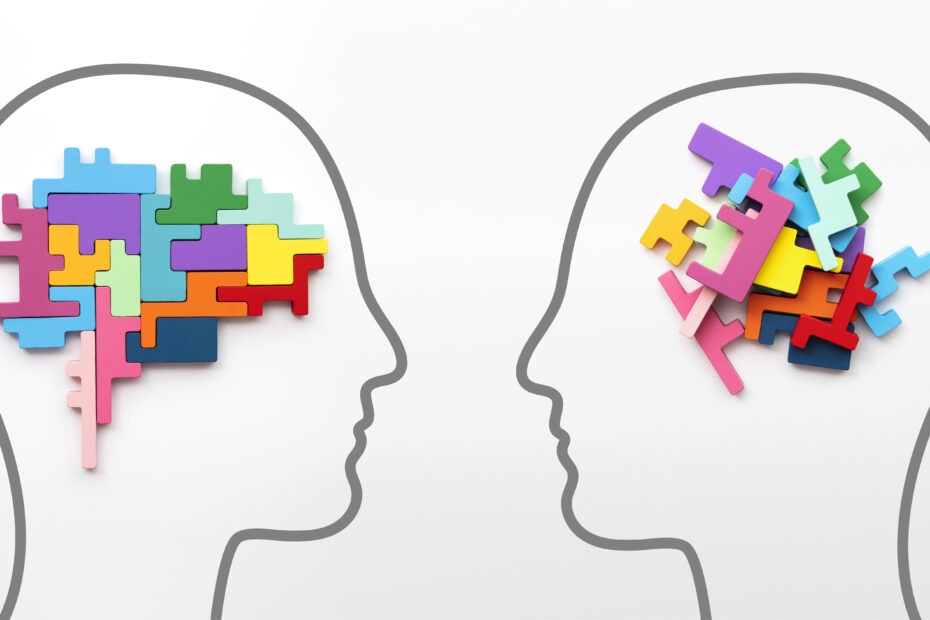EMDR, or Eye Movement Desensitization and Reprocessing, is a brain-based trauma therapy intervention that uses bilateral stimulation (usually the movement of the eyes from side to side). While your therapist guides you through use of bilateral stimulation (ie. eye movement, tapping, or other modalities) you are asked to think about a specific memory and the disturbance it causes you. It is a structured therapeutic approach designed to desensitize people’s response to or memory of traumatic events, and reprocess the way the brain recalls it with new, more adaptive patterns of thinking and responding. EMDR does not erase memories, but rather changes the way that we recall or respond to them, and supports the nervous system’s ability to regulate through recalling certain memories.
The beginning of EMDR is very structured, as you work with your therapist to create a sort of road map, or target plan. Because the brain is made up of trillions of connections, there’s a saying that “brain cells that fire together, wire together”; if the same parts of the brain are active at the same time to the same situation, a connection is made in response. Sometimes, these connections include disturbing thoughts, sensations, and memories. Using the target plan you created, and utilizing strategies for self-regulation and containment as needed, sessions can help decrease overwhelm, disturbance, and intensity of emotions while thinking of these targeted memories. Using EMDR, your therapist can help you work with painful memories and emotions with less talking than typical talk therapy. The EMDR preparation and skill building work also teaches participants skills for emotional regulation, containment, and adaptive patterns of thinking that can be used well beyond the end of formal therapy.
Note that EMDR therapy is an approach that is tailored specifically to each unique client, and may not be for everyone. Especially if you have medical concerns related to significant and / or recent head injury, eye or balance related concerns, are taking certain medications, or have a history of dissociation, further discussion with your therapist is required to determine if EMDR is appropriate. For a video describing EMDR from EMDR International Association, see here.
If you’re curious about EMDR and want to know more about working with Serena, our EMDR trained counselor, you can email info@mysmartrehab.ca.
